Spotlight
In conversation: Henrik Persson
Share this

FIRST PUBLISHED 11 JUL 2025
Having studied with Jennifer Ward Clarke and Richard Campbell, baroque cellist and viol player Henrik Persson now enjoys a rich and varied freelance career, both as a continuo player and as a soloist. He is a principal player with the Oxford Bach Soloists, and a longstanding member of the Musical & Amicable Society, with whom he also appears as a soloist. He is also a regular with many of the UK's leading period instrument ensembles, including Florilegium. Henrik was first continuo player of the New London Consort and the Musicians of the Globe with whom he toured extensively around the world. Together with Caroline Ritchie, he is a co-founder of his own group, Newe Vialles, which operates both as a viol duo and a consort. Henrik is fortunate enough to perform on an original cello by Nicholas Chappuy 1770 and an original viola da gamba by Edward Lewis 1703.
What is your greatest fear?
To be eaten by a Great White shark. (My parents allowed me to watch Jaws when I was 11. They shouldn’t have done that.)
What is your superpower / superhero ability?
As a neurodiverse person, I find that this might be a subject for a whole other conversation! I suppose that the short answer is: some very strange ones, which are balanced by inability in other areas!
What non-musical hobbies or interests do you have?
Anything to do with history of the 17th and 18th centuries: old ships, architecture, music, fabrics and dress, travel, food, anecdotes, you name it.
Spirituality, the nature of life and the Universe from a non-physical perspective and all that goes with that.
The sea!
What is it that you most dislike? Feel free to explain why, or not!
Bad decision making, incompetence, and some people’s inability to see the Greater Good.
Who is your favourite composer, and why?
I am supposed to say Bach, but there are also so many others that I love, too: Walton, Vivaldi, Mozart, Brahms, Couperin, Forqueray, de Grigny, Marchand, Buxtehude, Byrd... The world really is full of masses of excellent music.
Newe Vialles: Dafne by Richard Sumarte (arr. Persson/Sayce)
If you could meet anyone from the past, who would it be?
Oh, there are literally hundreds of people I would love to meet! But after much thought, I will say Napoleon, so I could kill him before the invasion of the Italian lands in the 1790s. The Republic of Venice might still be around today if I succeed.
Would you like to put the spotlight on a teacher, a mentor, or an ensemble that has had a significant influence on your journey so far, and why?
The most important teacher I ever had was the incredible cellist Jennifer Ward-Clarke, but there have also been so many others, like Richard Campbell and Bill Hunt of Fretwork, Micaela Comberti, and many other artists I have had the pleasure of working with throughout the years. One learns something from most people most of the time.
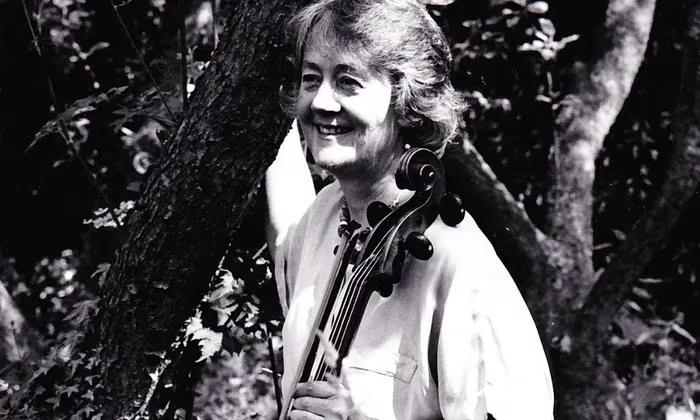
How did you get into historical performance practice/Early Music?
I first got hooked on it gradually at the Birmingham Conservatoire during my cello undergraduate years through many different events and happenings. We had many excellent people teaching and inspiring us, and also great guest concerts, including, for example, the Canadian viol duo, Les Voix Humaines. Then I had a moment of clarity in my final year, which led to my postgraduate studies at the Royal Academy of Music, in historical performance on cello and viol, and I haven’t looked back since.
As co-founder of Newe Vialles, what do you enjoy most about your role, and how do you overcome any challenges?
Working with my dear friend and co-founder Caroline Ritchie is just a bit of a revelation every day. Not only did we both learn with Richard Campbell, we also tend to have similar ideas about good performance practice, what we consider to be good playing, and how to go about things in general with as much integrity and authenticity as possible. She is a source of enormous amounts of information and the few things she doesn’t know about our music and art, she will unfailingly ferret out like a bloodhound in Autumn!
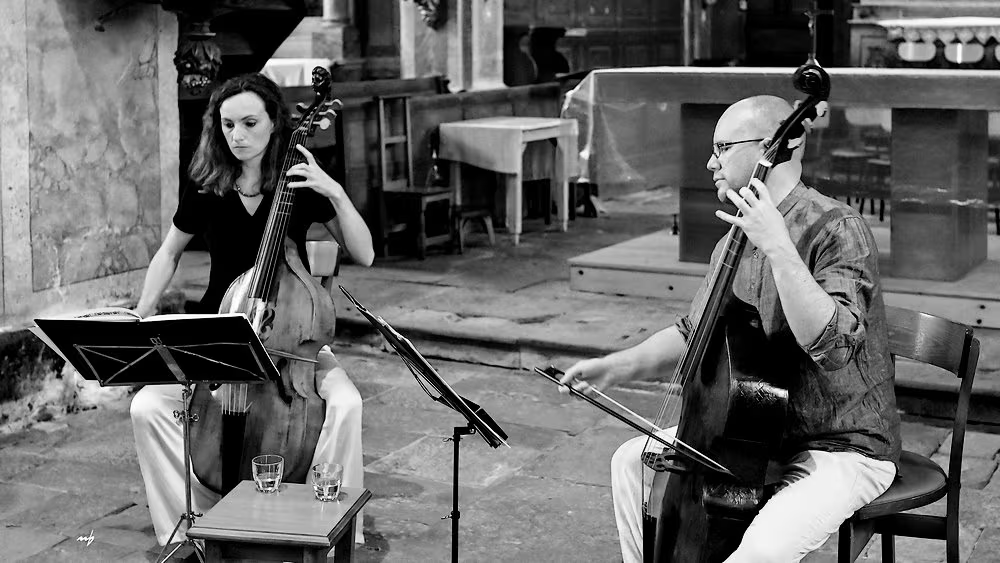
While Caroline creates the programmes and does research (and answers the many silly philosophical questions I have), I tend to be the more logistically-minded one within the group, so I take care of practical things when we play and perform. Newe Vialles exists both as a viol duo with extra continuo and as a consort, so sometimes planning is like herding cats who are living all their nine lives in different dimensions at the same time. But there is almost always a way of making things happen if they are meant to. As a good friend in Sweden always says: ‘All problems can be solved’.
In November 2024, Newe Vialles released their latest album, Newe Vialles, Old Viols. Could you share with us any special moments in the realisation of this project?
It is a recording that has been many years in the making in our heads, but the two historical viols coming into my and Caroline’s lives was the trigger to make us finally realise our project. It was a very special thing that it happened at all, as one of our colleagues fell over and hurt their head very badly a few days before! The recording became four days of hugely intensive music making (I loved it!), and the highlight was Caroline and myself crashed out exhausted on a mattress in the corner while Lynda and Jamie recorded their beautiful solo number, sending us into a blissful state of relaxation. There were so many special moments for us all; we all took on so many different roles to make it happen. We became drivers, cooks, medical staff, photographers, logistics experts, cleaners. And oh yes, musicians as well!
You played the Edward Lewis Viol from 1703 for both your solo album and Newe Vialles’ album Newe Vialles, Old Viols. Tell us about this instrument – what is special about it, and what is it like to play?
The Lewis Viol of 1703 is one of around 14 or 15 confirmed bass instruments that have survived by this master maker. Around half of them are not in a playable condition, and around half are in the French setup with seven strings and French heads. The one I play was restored during COVID by the eminent John Topham and is kindly lent to me by my dear friend Jane Julier, who, of course, is herself a master viol builder. It is very rare as it is currently the only playable Lewis viol in the UK. It fits my hand perfectly, and the sound is as gorgeous as the decorations on the body of the instrument. I knew from the first note I ever played on it that it was my voice, and I am extremely fortunate to have the honour of being its custodian.

You also released an album of solo music for viol, The Edward Lewis Viol of 1703, showcasing that beautiful instrument and charting the development of solo viol music from Hume to Telemann. Can you tell us more about the process behind the creation of this recording?
Well... Although it is my solo album, I think of it almost as a companion recording to the ensemble one. I really wanted to create a showcase for my playing on the Lewis viol and picked some music dear to my heart. The emphasis is of course on music from the years surrounding the build year of the viol, and this is also a period of music that I love a little extra. A particular delight was to find the American pieces from the Williamsburg Song Book. I then went mad and planned another two days of solo recording directly after our initial four group days! It nearly broke both myself and Robin our wonderful recording engineer and producer, but somehow we staggered through to a good result.
Newe Vialles' album, ‘Newe Vialles, Old Viols’, is available to purchase on Barn Cottage Records, and to stream on Spotify. This recording project was supported by Continuo Foundation. You can also buy Henrik’s solo recording, ‘The Edward Lewis Viol of 1703’, on Barn Cottage Records, or listen on Spotify. Hear Newe Vialles live in Folkestone and Culmstock in September on their Continuo-supported tour.
In the meantime, you can catch Henrik performing with the Musical & Amicable Society in Hentland on 12 July and at the Three Choirs Festival in Hereford on 28 July. He is also playing Bach's third Viola da gamba Sonata at Mansfield College in Oxford on 19 July with harpsichordist Anhad Arora.
Share this
Keep reading
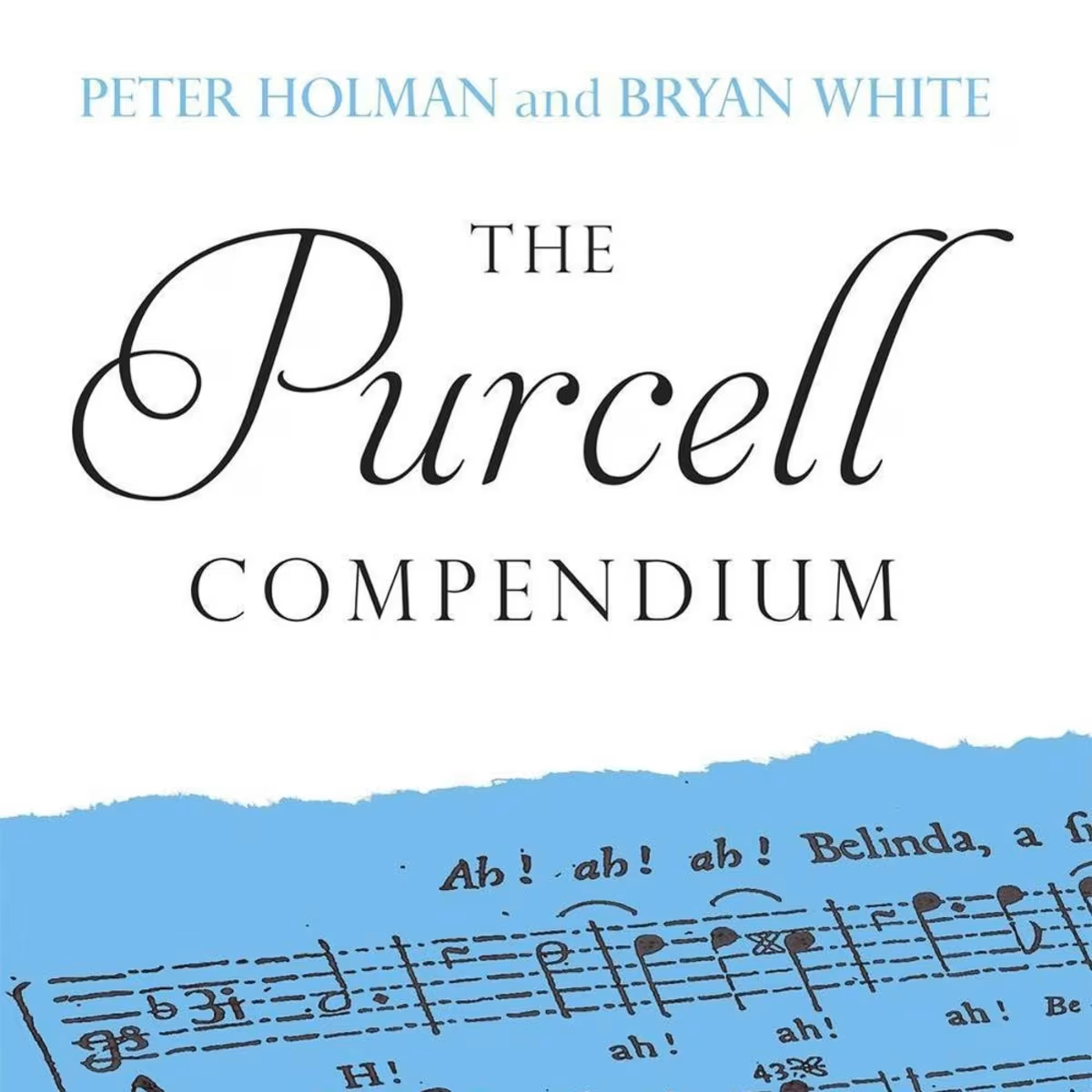
The Purcell Compendium
A reference volume covering an extensive range of Purcell studies, including his life and works, his milieu and the reception of his music to the present.
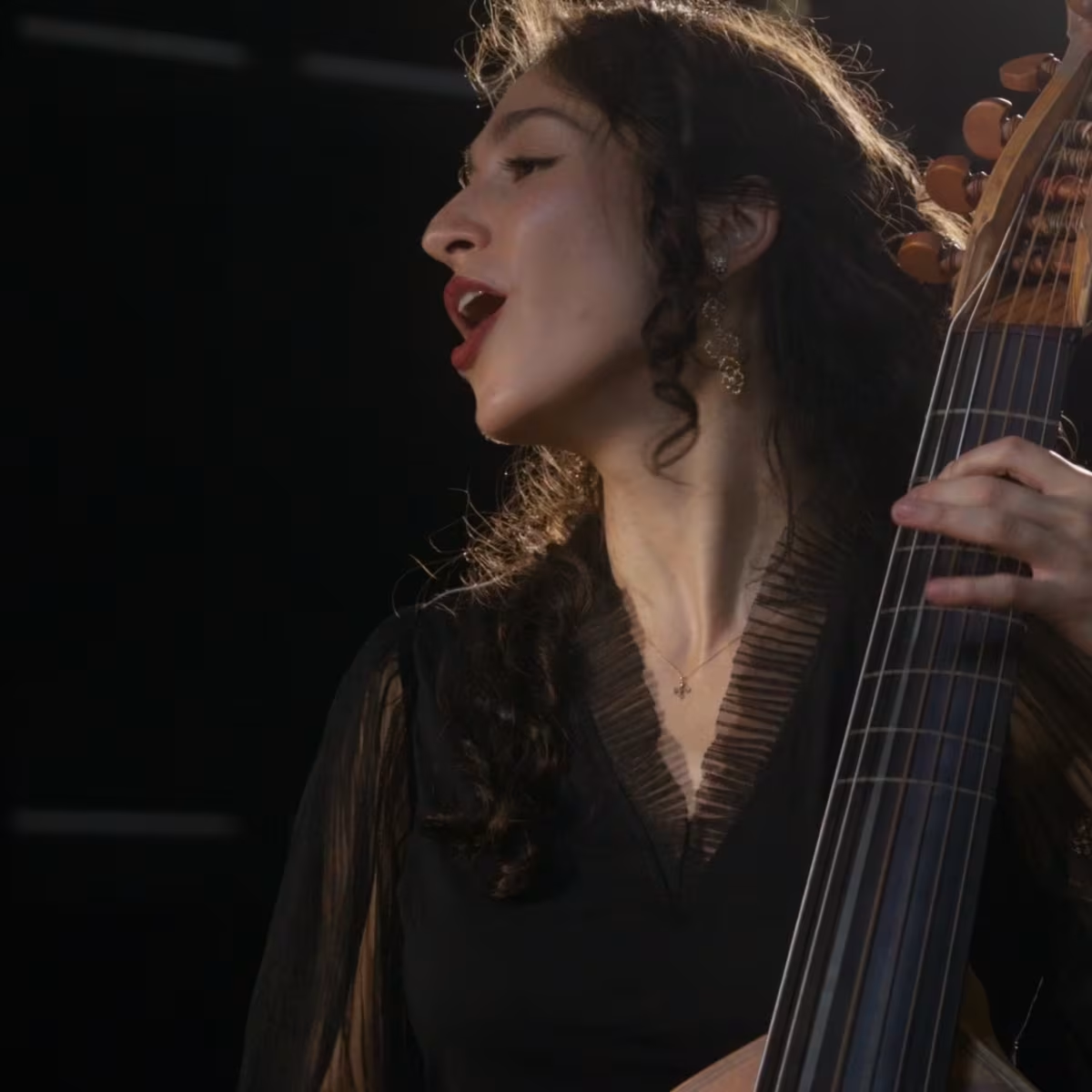
Bellot Ensemble | Strozzi: ‘Amor dormiglione’
Barbara Strozzi’s ‘Amor dormiglione’ is one of her most beguiling and subtly witty arias, a gently teasing address to Cupid himself.
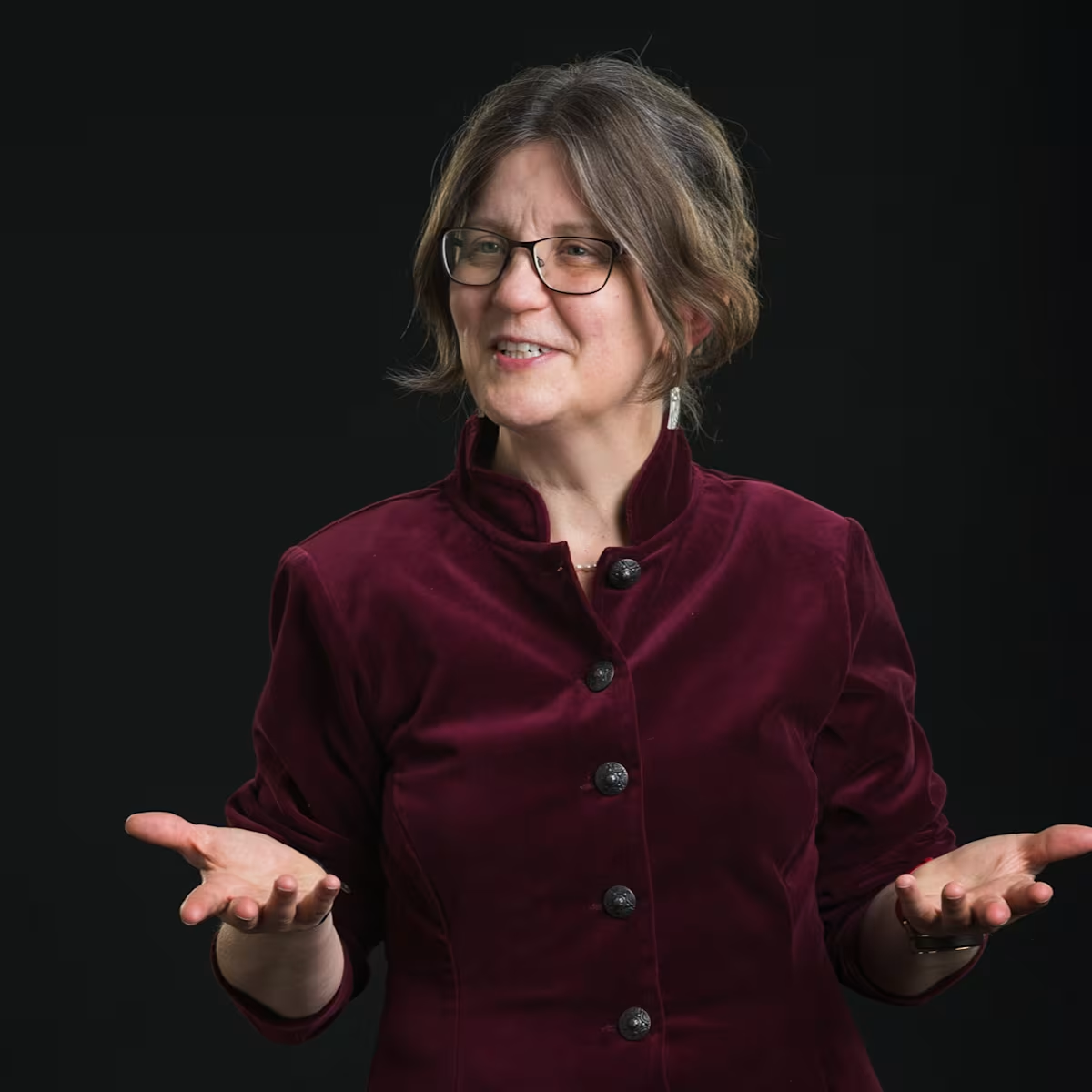
Voices from a manuscript
Laurie Stras explores how centuries-old scores in the Biffoli–Sostegni manuscript reveal the living sound and practices of nuns in a Florentine convent.





